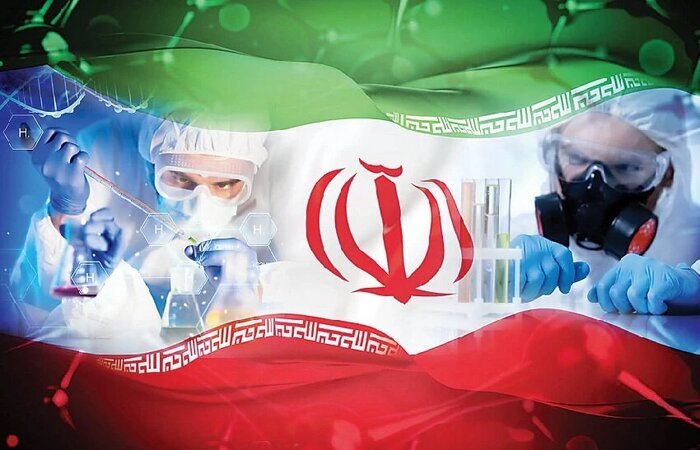Nanotechnology, a paragon of success in Iran

The nanotechnology sector is a prime example of success in Iran, an arena consisting of expert and program-oriented human resources with significant goals that shines like a jewel in the innovation and technology ecosystem of the country.
With the support of talented academicians and knowledge-based companies, the nanotechnology sector has indigenized many technologies to solve the main challenges of the country in various areas, including industry.
Producing coronavirus diagnostic kits by Iranian knowledge-based companies and receiving requests for buying the product from around 40 countries are among the notable achievements of the nanotechnology sector.
ICU ventilators for Covid-19 patients, face masks and laser thermometers, household appliances, cars, medicine and medical supplies, textiles, air purifiers, catalysts, power plant filters, oil well drilling equipment, valves and pipe fittings, water disinfectants, and waterproof coatings are among the products that have been produced by domestic nanotechnology companies.
The national document on promoting the application of nanotechnology has outlined the path to achieving the major goals of the development of nanotechnology in the country.
According to the document, 12,199 articles by Iranian researchers related to nanotechnology were indexed in the Web of Science (WoS) in 2021, which was equivalent to 41.5 percent of all articles published in the nanotechnology sector.
This share of the nanotechnology articles placed Iran fourth in the world in 2020 and 2021.
It is noteworthy that before the establishment of the national headquarters for nanotechnology development in 2000, the country ranked 58th in the world and 6th in the Middle East with publishing just eight articles.
Iran currently ranks fourth in nanotechnology in the world after the United States, India, and China
Currently, 66 Iranian universities accept students in the master's program and 22 universities in the doctoral program in various fields of nanotechnology.
The expansion of exports in recent years and the creation of bases in China, India, Indonesia, Syria, Turkey, and Iraq have provided a platform for the entry of Iran's nanotechnology goods, equipment, and services into the world markets.
So far, Iranian nanotechnology products have been exported to 49 countries from five continents. The sale of nanotechnology equipment in the past Iranian calendar year (March 2021-March 2022) grew by about 59 percent.
Textiles, with an export value of nearly four million dollars, have the most diversity in terms of destinations by being exported to more than 20 countries.
After textiles, the most diverse export destinations have been nanotechnology equipment. However, in the fields of optoelectronics, automobiles, oil, and gas, the destinations have been limited to one or two countries.
On November 28, 2022, President Ebrahim Raisi declared to implement the national document for promoting the application of nanotechnology.
Consisting of 7 articles, the ten-year document aims to train human resources and provide infrastructure for the development and commercialization of technology. Priority industrial areas are water and environment, energy, agriculture, health, and construction.
In this document, Iran was targeted to be among the top 15 nanotechnology countries in the world and aimed to generate wealth and improve people’s lives.
In order to continue the nanotechnology progress, the upcoming national document has been compiled with new goals and approaches such as being a reference in science and technology, industrialization, maximum impact of nanotechnology in priority industrial areas, and entry of nano products into the global markets and the promotion of people’s lives.
By 2033, the advancements of nanotechnology in Iran will improve the quality of life and the production of wealth. The country moves towards global authority in science and nanotechnology by producing innovative products while having a stable place in the market of other countries.
Leave a Comment